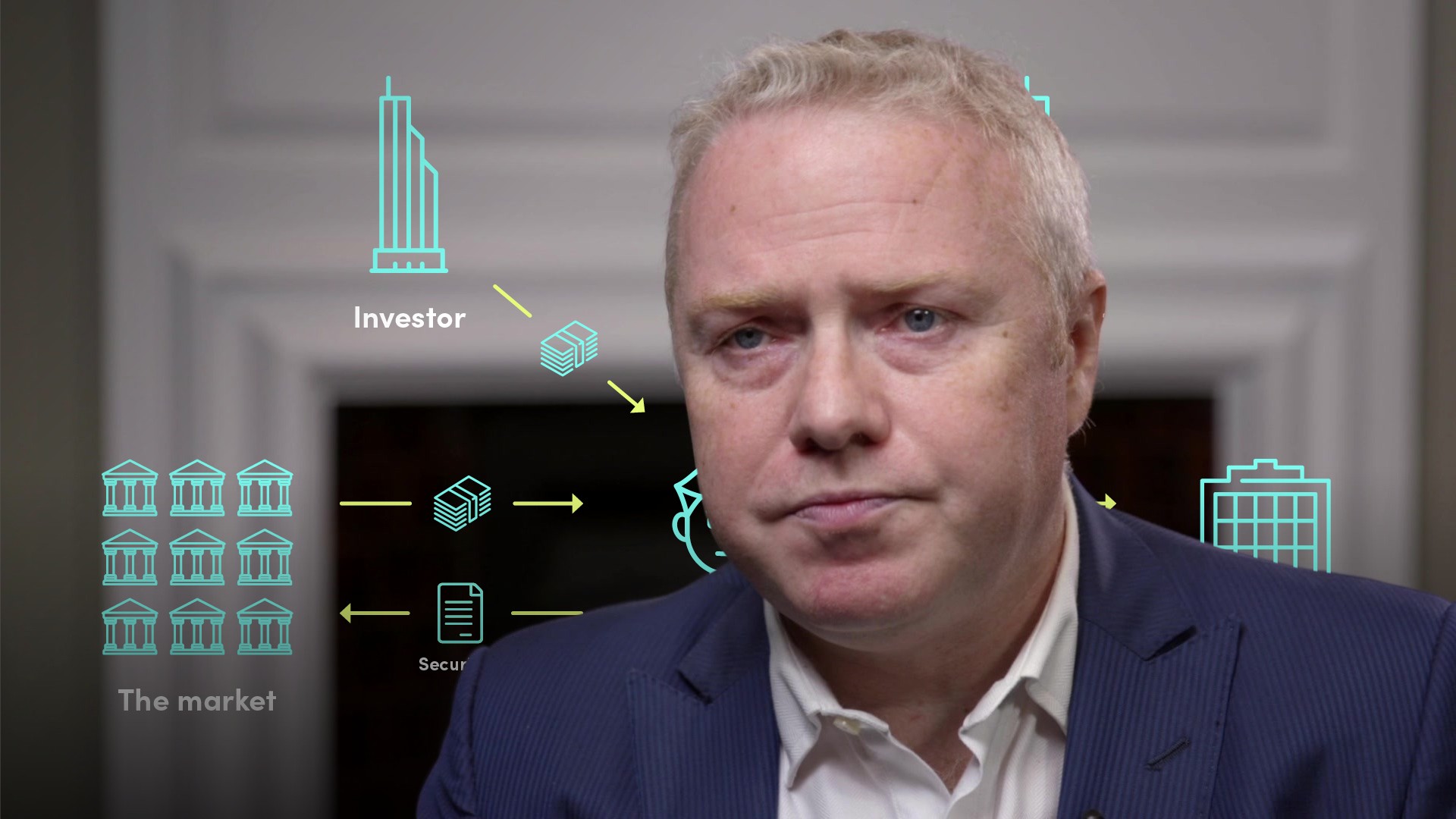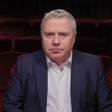
Key Roles in a Hedge Fund

Trevor Pugh
20 years: Trading & hedge funds
Hedge funds can vary considerably in size, from funds that run as little as ten to twenty million dollars up to the world’s largest hedge funds running over one hundred billion dollars. In this video, Trevor explains us in detail the role of C-suite executives which includes "CEO", "CIO", "COO", "CRO" and "CTO" and further talks about the role of "Portfolio Managers", "Analysts", and "Quants" in a hedge fund.
Hedge funds can vary considerably in size, from funds that run as little as ten to twenty million dollars up to the world’s largest hedge funds running over one hundred billion dollars. In this video, Trevor explains us in detail the role of C-suite executives which includes "CEO", "CIO", "COO", "CRO" and "CTO" and further talks about the role of "Portfolio Managers", "Analysts", and "Quants" in a hedge fund.
Subscribe to watch
Access this and all of the content on our platform by signing up for a 7-day free trial.

Key Roles in a Hedge Fund
12 mins 57 secs
Key learning objectives:
Identify what the employees do in a hedge fund
Outline the different C-suite roles in a hedge fund
Understand the different central operational roles in a hedge fund
Overview:
Hedge funds can vary considerably in size, from funds that run as little as ten to twenty million dollars up to the world’s largest hedge funds running over one hundred billion dollars. As such, the number of employees can also vary dramatically. It is possible to run a fund with as few as two employees, with much of the work outsourced but industry data shows the average fund having fifteen to twenty employees. Trevor outlines all of the roles and responsibilities of the aforementioned employees.
Subscribe to watch
Access this and all of the content on our platform by signing up for a 7-day free trial.
What do the employees do in a hedge fund?
The functions can be divided into two, the investment side and the operational side. The investment side is the key part of the business that generates income but none of this can happen without the operational side of the business.
What are the different C-suite roles in a hedge fund?
- Chief Executive Officer or CEO - The CEO takes the lead in managing the company. Both the investment and operational sides of the business would be expected to report into the CEO. The CEO decides the overall direction and vision of the company. This can involve many things. It will range from the day to day operations and oversight, to bigger picture issues such as potential acquisitions, expansions, sale of the business, hiring and so on. The CEO will also oversee the trading of the fund and will probably be engaged in trading themselves also
- Chief Investment Officer or CIO - The main business of a hedge fund is investment and the CIO oversees this process. They determine the overall strategy of the fund. In the case of a more hands-on CIO, it may be that most of the decision making process is held by the CIO and the fund managers are more like analysts, bringing good ideas to the table. Finally, it would be important for a CIO to recognise good ideas and make sure those opportunities are being fully exploited
- Chief Operating Officer or COO - In general, a COO is responsible for planning and implementing a company's operations. They will also be responsible for overseeing operations in the company on a day to day basis. In addition to overseeing more regular functions such as payrolls, compliance and legal issues, the role can best be described as carrying out the vision of the leader or CEO
- Chief Risk Officer or CRO - The risk run by a hedge fund can be extremely complex and it is common to have a CRO function internally. This serves as a source of comfort to regulators and investors, as well as allowing senior management to fully understand the risks being run. It is not unusual for a CRO to have experience of trading and portfolio management, and also to have a strong mathematical background
- Chief Technology Officer or CTO - The CTO or IT functions play a very important part in a modern day hedge fund. It is essential that risk can be monitored quickly and accurately and properly analysed for example. It is also a complex process to ensure that portfolio managers can execute trades electronically and that these trades feed all the required systems; risk, settlement and compliance internally, as well as the Prime Broker and Administrator externally
What are the different Central operational roles in a hedge fund?
- Portfolio Manager - Portfolio managers will be in charge of a certain amount of the assets of the fund. It is frequently the case that capital is allocated more dynamically to the manager or area that is generating the highest returns. The fund may have each fund manager specialising in a certain area, in a similar way to a bank trading desk configuration. Alternatively there may be a more fluid approach, with fund managers being allocated capital as and when their strategies require it, should it be available
- Analysts - A large proportion of funds will have employees involved in the investment selection process but who do not actually take risk. In fact, there is usually a lot of extra value to be gained by having analysts who are not ‘too close’ to the positions, and can be more objective. An analyst is also a role that can ultimately lead to a portfolio management role and it tends to attract a mixture of science and economics graduates although it can vary from fund to fund
- Quants - Quant is short for quantitative analysis. These analysts develop and implement complex mathematical models that the fund uses for analysis of markets, and risk monitoring. They tend to have very high levels of mathematical training, generally masters degree or PhD level. They would also be expected to have high level programming skills
Subscribe to watch
Access this and all of the content on our platform by signing up for a 7-day free trial.

Trevor Pugh
There are no available Videos from "Trevor Pugh"



























